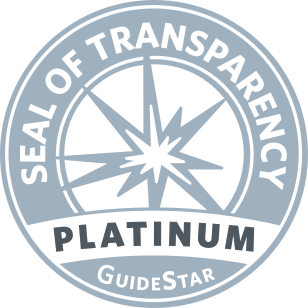ProQR Completes Enrollment in Phase 2/3 Clinical Trial of RNA Therapy for LCA10
Eye On the Cure Research News
Company also announced progress in enrollment for Phase 1 / 2 clinical trials for emerging USH2A and RHO RNA therapies.
ProQR, a developer in the Netherlands of RNA therapies for ocular diseases, has completed enrollment in Illuminate, its Phase 2/3 clinical trial for sepofarsen, an RNA therapy for people with the retinal disease Leber congenital amaurosis 10 (LCA10) caused by the mutation p.Cys998X in the gene CEP290. The trial enrolled 36 participants who are being randomized to receive one of two doses or a sham procedure. Top-line results from the clinical study are expected in the first half of 2022.
In the Phase 1/2 clinical trial for the LCA10 treatment, 60 percent of patients had improvements in visual acuity and their ability to navigate a mobility course. Also, in an extension study of the Phase 1/2 trial, data showed that in four out of four second eyes treated, the treatment response was consistent with the first eye treated, including a significant and sustained benefit.
Sepofarsen is an antisense oligonucleotide (AON), which aims to restore vision by taking away the underlying cause of the diseases. Unlike gene replacement therapies in which copies of whole genes are delivered to replace defective copies, AONs correct the mutation in the patient's messenger RNA, which conveys genetic information for protein production. AONs can be advantageous when large retinal-disease genes — such as CEP290 or USH2A — exceed the capacity of viral gene-replacement delivery systems. The emerging RNA therapies are administered through intravitreal injections.
ProQR also completed enrollment for Stellar, its Phase 1/2 clinical trial of QR-421a, an emerging RNA therapy for people with exon 13 mutations in the gene USH2A, which cause Usher syndrome type 2A or non-syndromic retinitis pigmentosa (RP). Eighteen participants, 18 years of age and older, were randomized to receive the emerging therapy or a sham procedure. Data from the interim Stellar analysis is expected in the first half of 2021.
The Foundation Fighting Blindness is investing up to $7.5 million for QR-421a clinical development through its RD Fund, a venture philanthropy fund established in 2018 to provide investments for promising retinal degenerative disease therapies that are in, or moving toward, early human studies.
ProQR also completed enrollment for four of the five planned single-dose cohorts in Aurora, the Phase 1/2 clinical trial of QR-1123, its emerging RNA therapy for people with RP, caused the P23H mutation in the gene RHO. In this trial, participants 18 years of age and older are randomized to one of multiple doses of QR-1123 or a sham procedure. Initial data from the trial is expected in 2021.
“We are very pleased that enrollment for ProQR’s clinical trials for its innovative RNA therapies has progressed very well, despite delays and challenges from the global COVID-19 pandemic,” says Ben Yerxa, PhD, chief executive officer, Foundation Fighting Blindness. “We look forward to seeing data reports for all three clinical studies in the coming year.”




